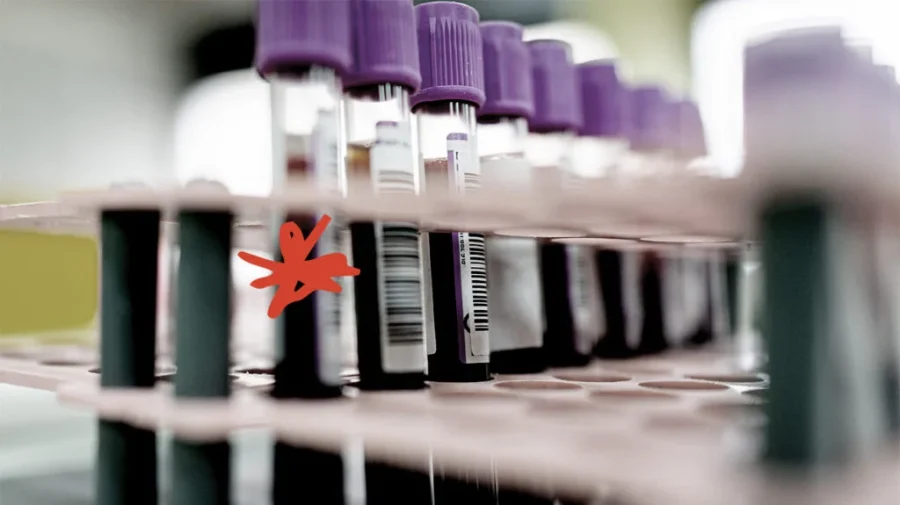Blood tests have the potential to enhance the accuracy and convenience of diagnosing and tracking Alzheimer’s disease.
With more than 6 million Americans currently affected by the disease, a number projected to rise to almost 13 million by 2050, early detection and intervention are crucial.
Current diagnostic methods, such as MRI scans, cognitive tests, and physical examinations have limitations due to their need for specialized clinics and trained staff.
By improving the accessibility of Alzheimer’s testing, medical professionals could identify the disease earlier and provide interventions to potentially slow progression. By allowing consumers to take control of their cognitive health assessment, Quest Diagnostics claims to facilitate a proactive approach to Alzheimer’s risk identification. Traditionally, Alzheimer’s disease detection has relied on symptom screening followed by invasive and costly tests.
However, Quest’s AD-Detect™ Test brings a more accessible alternative, particularly beneficial for those experiencing cognitive decline, exhibiting mild cognitive impairment symptoms, or with a family history of Alzheimer’s. A company spokesperson from Quest Diagnostics spoke to Medical News Today, saying that “the AD-Detect Test for Alzheimer’s disease on questhealth.com is a starting point for evaluating [the] risk of Alzheimer’s disease.” “This new consumer-initiated test utilizes the same expertise and technology as Quest Diagnostics’ clinical AD-Detect Amyloid Beta 42/40 Ratio test, an analytically validated blood test that aids in assessing the risk of Alzheimer’s disease, which we launched for physician ordering in early 2022,” they added.
“Specifically, it [the test] measures two peptides of the amyloid-beta protein — A-beta 42 and A-beta 40 — to arrive at a ratio score. A lower ratio of A-beta 42 to A-beta 40 in the brain is associated with a greater risk of developing Alzheimer’s disease. Our test uses tandem mass spectrometry, a highly sensitive method.”










